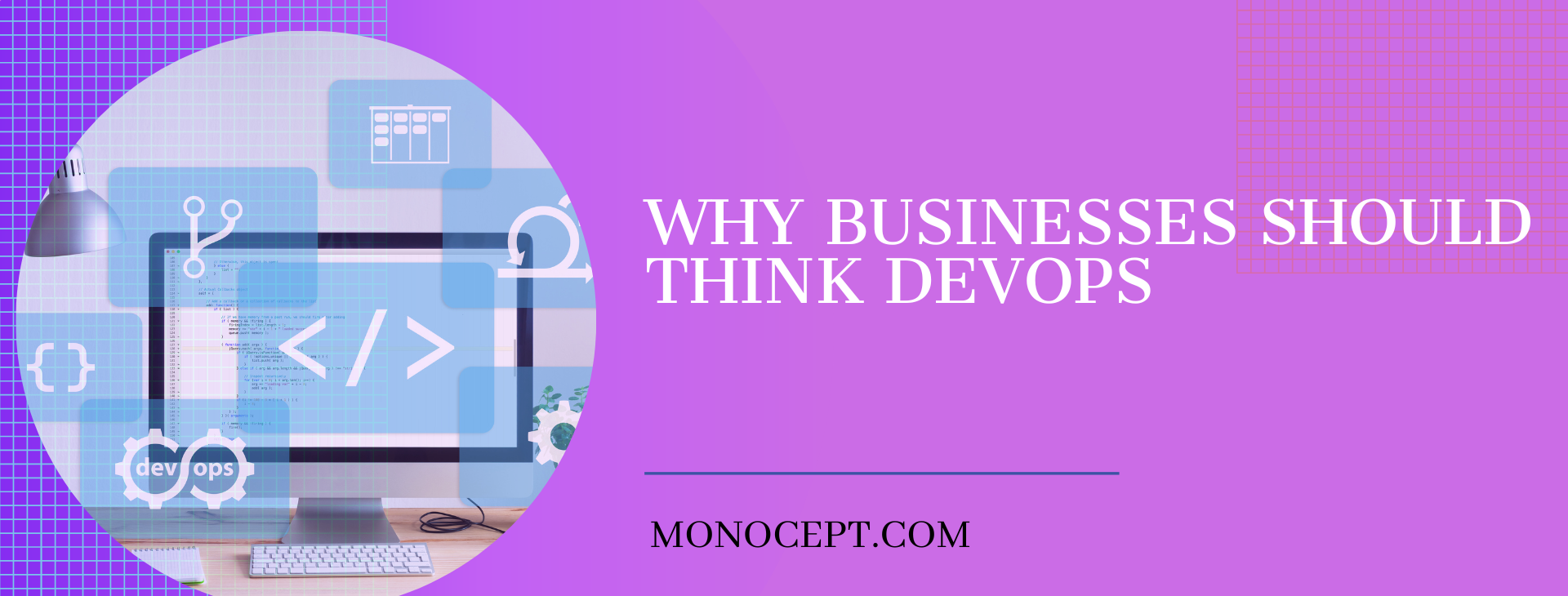Untap the DevOps Potential: Why is DevOps so Critical Today?
In today’s fast-paced business world, it is essential to have a strong and dependable infrastructure that can deliver high-quality products at a rapid pace. The traditional software development lifecycle, when developers are siloed from the operations team, creates many challenges for organizations of all sizes. DevOps offers an innovative solution that helps bridge this gap by facilitating communication between these two teams through collaboration and automation. In this blog post, we will explore how you can start untapping your DevOps potential today.
The rest of the blog post goes on to explain why DevOps is critical in modern businesses.
What is DevOps?
DevOps can be understood as an offshoot of Agile Development, which encompasses a holistic approach to end-to-end software design and delivery.
To understand DevOps, we must first understand Agile Development. Agile Software Development is a broad term that encompasses various agile methodologies, such as Kanban, Scrum, Lean Development, etc. Though different, all agile methods share a common core – that is, the process of continuous feedback and iterations to deliver the perfect software system. In other words, one can say that agile methodologies are based on continuous testing and integration, which makes the process of software development robust, swift and collaborative.
However, it was soon realized by agile developers that having Development and Operations as separate functions slowed down the process, and combining the two expedited software delivery. This amalgamation led to the idea of DevOps that empowers cross-functional teams to work together as a single unit to cover all the aspects of software development from design to production to delivery and support.
“DevOps is a set of practices that combines software development (Dev) and information-technology operations (Ops) which aims to shorten the systems development life cycle and provide continuous delivery with high software quality.” – Wikipedia
How DevOps Works
At present, companies across the globe are combining their development and operations teams to create a unified DevOps team to break down the silos in communication and improve productivity.
Under a DevOps model, software development and IT operations are merged so that no team member is restricted to a single function; instead, DevOps engineers work across the complete application cycle, including development, testing, deployment and operations. In many cases, security teams are also integrated with DevOps, also known as DevSecOps.
What Are the Challenges Solved by DevOps?
DevOps teams depend upon advanced technology stacks to evolve software quickly and reliably. With the help of integrated tools, engineers can independently deploy code or achieve other tasks, without needing help from any other process, increasing the speed of development considerably.
DevOps application development also helps in breaking down the communication silos and procedural bottlenecks in software development. In a non-integrated environment with fragmented teams, new bottlenecks are added each time a software is passed on to an independent unit for approval.
This happens because the teams work separately and Dev is often ignorant of Ops issues that may prevent the application from performing optimally. Similarly, the Ops team may not have proper knowledge of all the features and business value of a program.
DevOps overcomes these challenges by creating cross-functional teams that are involved across the project cycle for continuous development and maintenance of a program.
DevOps is all about reducing the time to market through increased collaboration and efficiency. Some of the key DevOps benefits are:
- Improve communication between teams
- Faster software release due to a shorter development cycle
- Swift resolution of issues
- Reduced deployment failures
- Better quality assurance
- Increased automation in processes
Are you ready to create a future-ready organisation?
At Monocept, we are a team of problem solvers committed to identifying and overcoming the roadblocks to your growth. We rely on DevOps to promote a culture of collaboration and ensure faster program delivery with continuous development and improved quality.
With our DevOps toolbox, we design fully automated continuous deployment pipelines for our clients, ensuring faster time to market and swift identification and elimination of issues. Partner with Monocept to tap into the DevOps potential and build the future of your business seamlessly.
What’s your Challenge? Let’s work together to solve it.





















































































